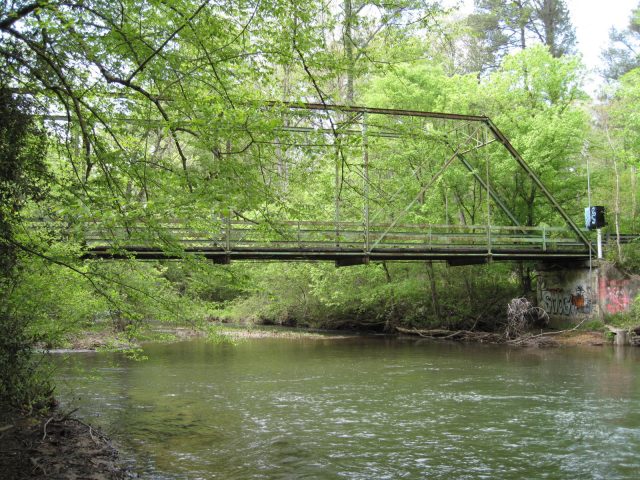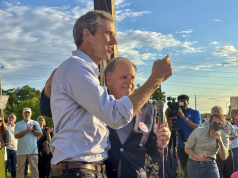
southernenenvironmental.org
Cahaba Riverkeeper and Cahaba River Society, represented by the Southern Environmental Law Center, have filed a challenge in Jefferson County Circuit Court against the Birmingham Water Works Board to enforce a settlement agreement that protects land safeguarding a major source of Birmingham’s drinking water.
Along with local communities and elected officials, the three organizations have long urged the Board to formally record this conservation easement that permanently protects the land, and to refrain from selling the land to development interests.
Some of the last remaining undeveloped tracts of forested land in a rapidly urbanizing area between Highway 280 and I-20, the 6,000 acres surround Lake Purdy, a portion of the Little Cahaba River that brings Lake Purdy water to the main Cahaba River, and the River itself around the drinking water intakes. The land is a natural buffer filtering stormwater runoff, providing clean drinking water for 600,000 people, and recharging the water supply while keeping treatment costs low for all water users.
“Preserving this land in the Cahaba River watershed is the most commonsense, cost-effective way possible to keep our drinking water supply clean,” said David Butler, Cahaba Riverkeeper and staff attorney. “The Board must keep its promise of protecting this land or we run the risk of opening up this sensitive area and vital waterways to development and harmful amounts of sediment and other pollutants that would result.”
The Board and Attorney General entered into a settlement agreement in 2001 requiring that a conservation easement be established to ensure that this land would be “permanently” protected from harmful development. The agreement also allowed citizens to enforce it. The Board has not yet created an easement that is in accordance with state law, and has in fact already sold a parcel of this land to developers.
The Board recorded a “conservation easement agreement” in 2017 that put some restrictions on the land. The groups bringing suit argue that as drafted, the agreement violates the plain language of the 2001 settlement. This agreement as filed by the Board does not create a permanent easement, for the restrictions would only be valid through 2051; the Board enforces this agreement, rather than having oversight from a public interest third-party; and the terms of the agreement can be amended at any time for any purpose by agreement of the Board and the Attorney General.
“These are public lands that ratepayers have already paid for to protect their drinking water and keep treatment costs affordable for themselves and future generations,” said Beth Stewart of Cahaba River Society. “If Cahaba water is degraded, every Water Board customer has to pay more. We have made every effort at a cooperative approach to help the Board achieve the goal they set of permanently protecting these lands.”
After over three years of discussions and presentations to the Board and seeing no action to file a valid easement plan, the three groups submitted yet another letter on January 21 to reiterate their concerns and request another meeting to discuss suggestions to improve the terms of the easements. The Board has indicated that a resolution must be decided by a court.
“Recording a valid conservation easement would be a win for Birmingham metro communities and businesses that depend on clean, safe drinking water,” said Sarah Stokes, Senior Attorney for the Southern Environmental Law Center. “All the groups are asking is that the Birmingham Water Works Board fulfills its obligation under the signed settlement to create a permanent conservation easement for this critically important land.”
Click here for an aerial map of the parcels and photos of the Little Cahaba River within the bounds of the Board’s land taken by Cahaba River Society.
Also visit www.savethecahaba.org, which has additional documents and the map linked.
Rick Jackson, a spokesperson for BWW, said the utility is committed “to providing the highest quality water to our entire service area. We have a long track record of fighting to protect all our various sources of water supply, including all the lands surrounding Lake Purdy and the Cahaba River. Our attorneys are in the process of reviewing this lawsuit and will take the appropriate action to properly respond to it in court,” he said.
This post was updated at 3:38 p.m. on 3/8/2021 with comments from BWW.




